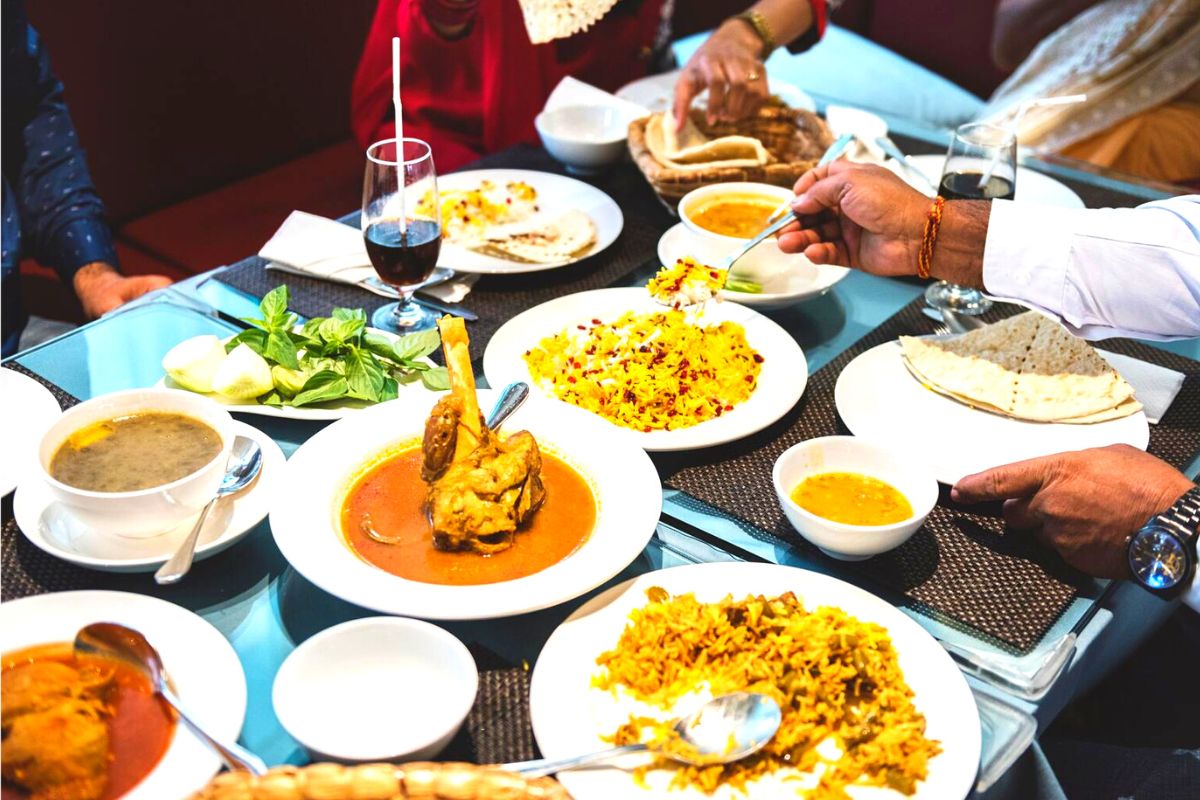
Luke’s Gospel presents stories of Jesus sitting at tables and eating. Jesus establishes open commensality. Commensality means “eating and drinking at the same table”( cf. Dominic Crossan, The Birth of Christianity). Commensality, then, is a cultural investment in creating, building, and maintaining important relationships.
Open commensality was practised in early Christian faith communities. Crossan notes that the table fellowship – or the Eucharist – was the most important and the most impactful. In fact, Jesus’ victory over death was symbolised by the renewal of the table.
Interestingly, Jesus broke bread with his disciples (Mt. 26:26; Mark 14:22; Luke 22:19; Luke 24:30;). He broke the bread into (twelve?) pieces (Mt. 26:26). What does this signify? It means that everyone is equal; everyone is important; everyone is precious. Jesus’ radical action reset prevalent social norms.
In India, caste-based discrimination is commonplace. Sadly, such invisible walls exist in our Churches. In some churches, seating arrangements and marriage alliances are based on caste affiliations.
The setting of our table is generally based on social status, race, class, gender, or economic wealth. Jesus resets his table. He invites us to share the food (and other available resources) with the community at large.
Crossan contends, “The (Early Church) community shared whatever food it had available, which both symbolised and ritualised but also actualised and materialised the equal justice of God.”
In a world that conforms to greed and self-preservation, Jesus’ table fellowship inspires open commensality. Are we willing to reset our tables?
(Excerpts of the sermon recently preached in Christ Methodist Church, Bangalore, India)







